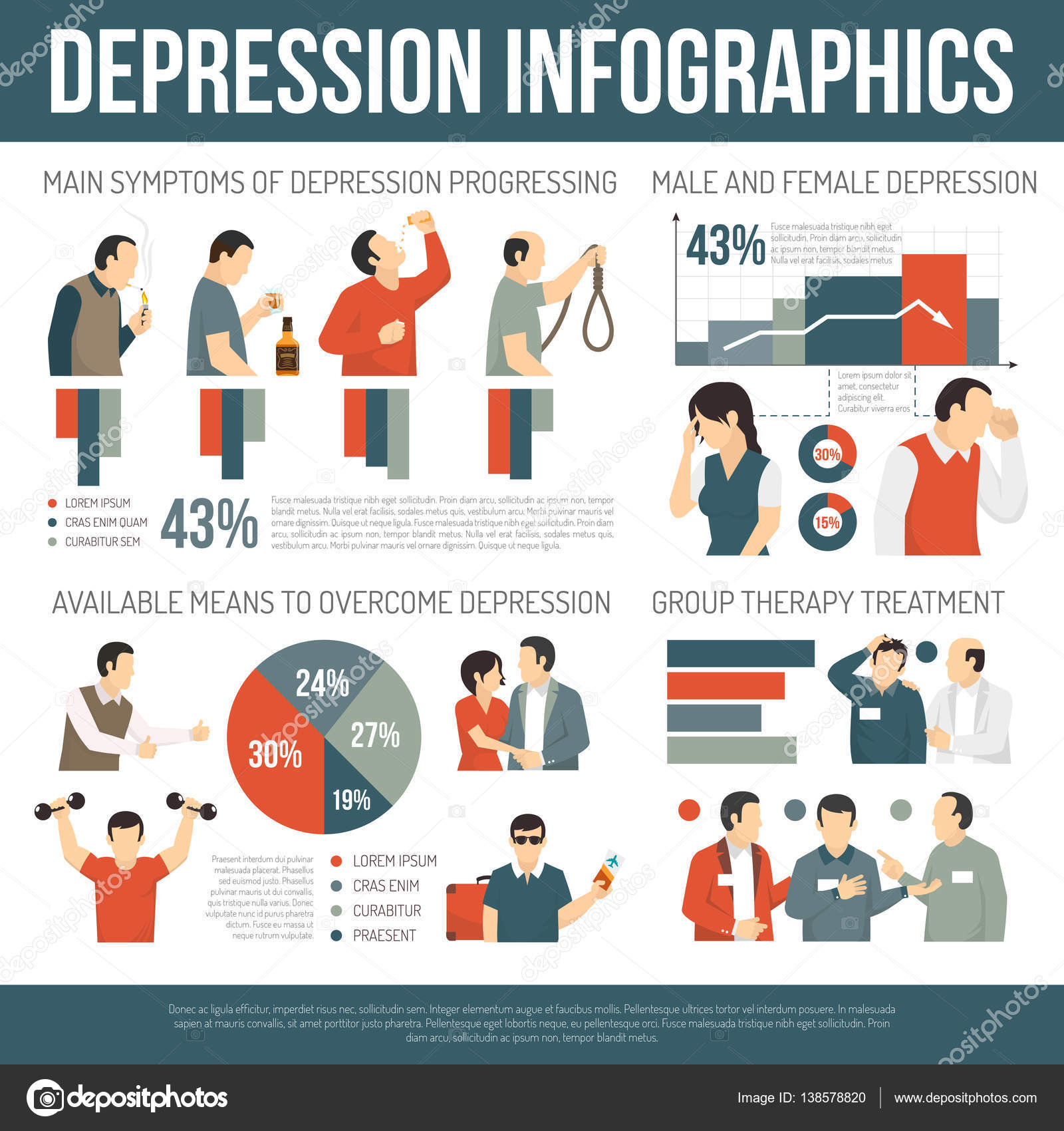
Derived from ketamine, a dissociative anesthetic drug with hallucinogenic properties, this treatment is the closest the United States has come to implementing psychedelics for depression. But is it? In 2019, the Food and Drug Administration (FDA) approved nasal esketamine spray SPRAVATO® for treatment-resistant depression and then for major depressive disorder with acute suicidal ideation or behavior in 2020. Along with non-SSRIs like Wellbutrin and Cymbalta, these mostly oral antidepressants have served as the scaffolding for the nation’s mental health treatment for so long that the idea of taking psychedelics for depression and anxiety may feel absurd. These selective serotonin reuptake inhibitors (SSRIs) have been the most popular and commonly prescribed antidepressants since the late 1980s. The x’s and z’s roll off our tongues with little effort. So many of us are used to those familiar names we associate with antidepressants: Zoloft®, Prozac®, Celexa, Paxil. We’re here to help you navigate mental health no matter where you are in life.

To find out more about managing depression while pregnant, schedule a no-cost consultation with Greenbrook TMS. Plus, at Greenbrook TMS, we offer flexible scheduling to help you fit treatments into your daily life. Sessions typically take between 18 and 45 minutes, and there aren’t any restrictions on what you can do afterward. You’ll need to come to a TMS therapy center, like Greenbrook TMS, five times a week for six to nine weeks. There’s a time commitment to consider when you’re planning for TMS therapy. Studies have also found that TMS therapy is safe for lactating women, so you can receive treatment when breastfeeding. Unlike SPRAVATO®, which is taken intranasally, TMS therapy is drug-free and the magnetic fields go nowhere near the uterus. These magnetic fields stimulate nerve cells, which can help ease symptoms of depression. TMS Therapy and Pregnancy TMS works by delivering gentle magnetic pulses to targeted areas of the brain. Transcranial magnetic stimulation (TMS) is considered safe for pregnant and breastfeeding mothers.

And even though SPRAVATO® is unsafe during pregnancy or breastfeeding, there is another option. Remember that it’s just as important to take care of you while pregnant as it is to care for your fetus. Severe depression can come with risks to you or your baby’s safety. Depression can make it difficult to attend important prenatal appointments, take the recommended vitamins, get adequate rest, and eat a nutritious diet. The problem with avoiding antidepressants entirely during pregnancy is that mental health conditions like depression can negatively impact a fetus, too. Dealing With Depression While Pregnant Living with depression while trying to keep a fetus healthy is a challenge. Still, some mothers may feel nervous about the risk of their baby being born with this syndrome. Despite being worrisome, this syndrome typically resolves on its own within a month. Researchers think it may occur due to in-utero exposure to the SSRI or withdrawal from the SSRI. Jitters, irritability, and respiratory distress can all be signs of this syndrome. While they aren’t thought to cause birth defects, SSRIs can cause neonatal adaptation syndrome in newborn babies. However, doctors may hesitate to prescribe oral antidepressants to pregnant women, including selective serotonin reuptake inhibitors (SSRIs), which are widely known to be the safer options for pregnancy.

Are Antidepressants Safe for Pregnancy? Some antidepressants are generally safe for pregnancy. A dissociative anesthetic, esketamine nasal spray is a major breakthrough as the first such medication to receive FDA approval for treatment-resistant depression (TRD) and major depressive disorder with suicidal ideation (MDSI). It can feel disheartening to find out that SPRAVATO® isn’t safe while you’re pregnant or breastfeeding. There’s also a lack of data to understand whether ketamine is safe for breastfeeding, so SPRAVATO® is not recommended for breastfeeding mothers. Because of the danger to human fetuses, there isn’t enough data to determine the exact risks of ketamine in human pregnancy.

Studies conducted on pregnant animals treated with ketamine found that the drug did cause fetal harm, which is the driving reason that SPRAVATO® should not be taken during pregnancy. Should you become pregnant, let your SPRAVATO® provider know immediately. Anyone with the possibility of becoming pregnant should take precautions to avoid pregnancy while on a SPRAVATO® treatment plan. If you’re trying to become pregnant, your healthcare provider will advise you not to take SPRAVATO®. Is SPRAVATO® Recommended During Pregnancy? SPRAVATO® is not recommended during pregnancy.


 0 kommentar(er)
0 kommentar(er)
